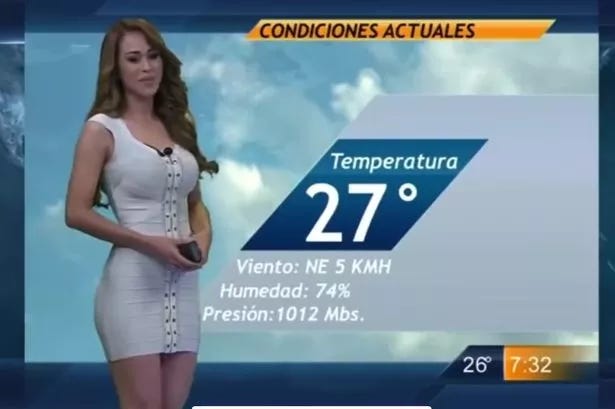In the 1990s, the era of 'weather girls' began to wane. They were soon followed by car show models and booth babes. Our culture moved beyond women presenters emphasizing their charisma and beauty. To promote social progress, television stations began to hire professional meteorologists. A field that boasts demographics of 75% male.
According to Aaron Celaya & Nick Yeung in "Human Psychology & Intelligent Machines" (2019), the true challenge in integrating AI into society won't be the technical aspect. The crux will be cultivating trust between humans and machines. In order for collaboration to have efficiently, the trust and the trustee must be able to work together harmoniously. This challenge is exemplified by their research. It indicates that humans, given a choice, favor slight inaccuracy from other humans rather than accuracy from non-human agents(AI).
Accuracy does matter, especially for something like the weather. We’re just biased against machines giving us information.
When AI gets better at telling the weather or making medical reports, what values do human professionals have?
This brings us to a pivotal question: Will AI bring back weather girls? Rather than just weather girls, will human-machine teaming allow for an array of careers to be born out of human charisma?
Will we have gimmick magician doctors? Or super model lawyers? If machines do the heavy lifting, will the value of human charisma go up?
Then what happens to the uncharismatic? People who aren’t beautiful or personable enough to connect with others?
While it remains a debate whether machines can ever emulate human beauty or charisma, one thing is certain: human appeal and emotional connections hold value. Amidst concerns over AI-induced labor shortages, there might be a silver lining. Maybe we’ll have weather girls again.



